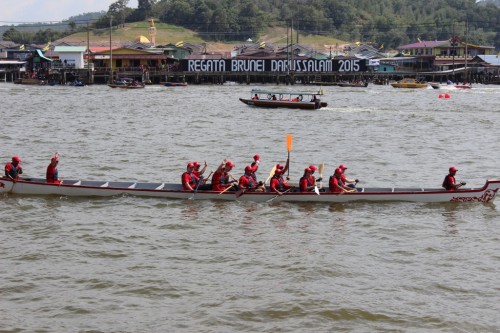15th July 2013 Kingston, Jamaica
Myths vs facts: Deportation

Deportation is a topic that evokes a great deal of emotion particularly in Jamaica. A common perception amongst the Jamaican population is that the UK deports large numbers back to the island. Many feel their deportation was not fair or justified.

Although Jamaicans constitute the second highest number of foreign national offenders, Jamaicans do not feature in our top ten of removals. India, Pakistan, China, Nigeria and Brazil have the dubious accolade of being in the top 5 and are responsible for the deportation of just under 20,000 (2011 figure) people from the UK. This compares with only 498 Jamaicans removed in 2012.
Hidden behind the figures, are individuals from a wide variety of backgrounds with different circumstances and stories to tell. Many consider themselves British, having moved to the UK as a young child with their parents or grandparents and granted indefinite leave to remain (ILR).
To understand ‘deportation’ it is important first to understand the ways in which people can be removed, and the circumstances under which deportation takes place.
UK immigration distinguishes three main categories of enforced departures:
- Deportation – those whose removal is deemed ‘conducive to the public good’ or imposed by a court following a conviction for a criminal offence punishable to at least 12 months in prison
- Administrative removals – those who have breached immigration conditions or entered illegally
- Voluntary departures – despite its title, refers to those who have been served with removal orders who then choose to return voluntarily (including those who apply for Voluntary Return schemes)
Despite common perception, anyone granted British Citizenship/Nationality cannot be removed or deported without specific intervention from the Secretary of State (to revoke citizenship) which happens rarely.
In the vast majority of cases, those returning are in breach of their immigration conditions, having been identified by immigration officials or arrested and convicted of a criminal offence. Those caught in breach of their immigration conditions, are considered administrative removals. Those in breach of their immigration conditions with a criminal conviction are deportees.

The British High Commission in partnership with the Government of Jamaica have put in place a comprehensive programme to help those removed or deported from the UK, get their life back on track. The programme offers transportation from the airport, emergency accommodation, help in finding family and friends, help in getting documentation and assistance in clearing personal belongings from customs.
The programme also provides training and advice and offers a wide support network through a variety of organisations including ‘The National Organisation of Deported Migrants’ (NODM). NODM is staffed by deportees who understand the unique challenges faced by those returning to Jamaica. They offer a helping hand to anyone who needs practical advice and support or simply someone to talk to.
My work with the British High Commission in Jamaica has taught me that Jamaicans are resilient, confident and hard working. I have seen first-hand that it is possible for deportees and those removed to make a new, fulfilling life in Jamaica, that contributes to the rich and wonderful culture on this beautiful little island. Individual testimonies and stories attest to the fact that deportation should not be considered a ‘life sentence’ but as a second chance to start again.
NODM and other support organisations stand ready to work with anyone removed back to Jamaica and further information on our programme can be found on our DVD ‘Coming Home to Jamaica’ (its currently playing on YouTube)
I think the British government is cold and cruel my son knows no other home than England as no family in Jamaica has no where to live,but they send him back to Jamaica to live on the street they say about human right but you have no rights only when it is convent to them. I am a mother sick and worried about my child living on the street can’t find money to go to Jamaica and live in fare for my son’s life
Many people have misconstrue the word ‘deportation’ to be something so ‘hard’ ignorantly. When one is deported, it is an end to a beginning and a beginning to another beginning.
Very interesting blog. I don’t know if this is already in place but I think it would be great to distribute this information (as well as the DVD) to as many companies/businesses as possible with the hope of taking away the “stigma” attached to the term “deportee”. Perhaps these companies could work directly with NODM to set up Job-placement/mentorship programmes for these individuals. As Anna mentioned, if this is viewed as a “second chance” instead of a “life sentence”, companies need to try and create opportunities for these individuals who will over time will be able to make a valuable contribution to Jamaica.